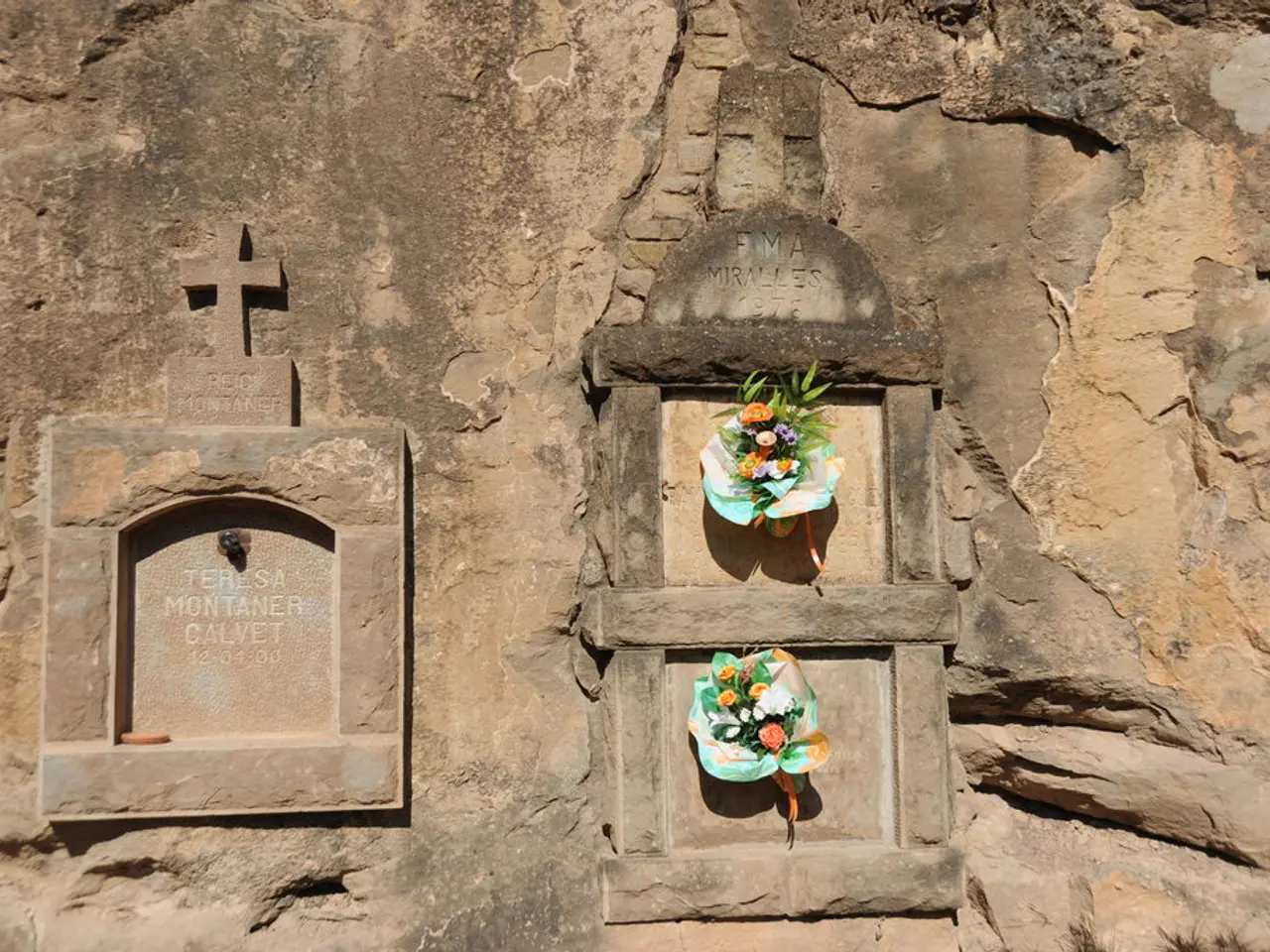Political disagreements surface within Romania's governing alliance amidst the official state mourning for ex-president Ion Iliescu
In a controversial turn of events, former Romanian President Ion Iliescu was indicted for crimes against humanity related to the June 1990 Mineriad—a violent crackdown involving miners sent to suppress anti-government protests in Bucharest. The indictment, issued on June 13, 2017, accused Iliescu of orchestrating attacks involving Interior Ministry forces, the military, Romanian Intelligence, miners, and other workers against peaceful residents during June 13–15, 1990.
The background to this indictment dates back to the 1989 revolution, when Iliescu and his National Salvation Front (FSN) faced mounting protests, notably by students at University Square. Iliescu called the protests a “legionary rebellion,” likening them to a right-wing insurrection. In response, miners from the Jiu Valley, reportedly aided by former secret police members, violently suppressed the protests, resulting in several deaths, hundreds injured, and many illegal detentions.
Legal developments surrounding the Mineriad case have been complex. Initial charges against Iliescu dating back to 2005 were dropped but revived after the European Court of Human Rights in 2014 ruled that Romania’s lack of investigation into the Mineriad violated human rights. Investigations were reopened in 2015 by Romania’s Military Prosecutor's Section, and in 2017, a formal indictment for crimes against humanity was issued. However, in December 2020, the case was rejected by judges who found the indictment void, preventing the trial from moving forward. Iliescu died in 2025 without having faced a trial for these charges, leaving many key questions unresolved.
Meanwhile, the political landscape in Romania has been shaken by the aftermath of Iliescu's death. The Social Democratic Party (PSD) announced on Wednesday, August 6, that it would suspend participation in coalition meetings, citing what it described as "public incitement to hatred" from the Save Romania Union (USR). The dispute over the state funerals of Ion Iliescu centers on USR's proposal to refrain from declaring a national day of mourning. A national day of mourning has been declared on August 7 in memory of Ion Iliescu, despite USR's objections.
The former president's indictment also included former officials Petre Roman, Gelu Voican Voiculescu, and Miron Cozma. Interim PSD leader Sorin Grindeanu added that "all political figures should show respect and decency toward the first president of democratic Romania, who led the country on its path to European and Euro-Atlantic integration." USR representatives argue this is necessary "out of respect for the victims of the 1989 Revolution and the 1990 Mineriads."
As Romania holds two days of state funerals for Ion Iliescu on August 7 and 8, the legacy of this controversial figure continues to divide the nation.
- The legal developments surrounding the Mineriad case, which dates back to the events of June 13–15, 1990, have seen policy-and-legislation changes, with the indictment of former Romanian President Ion Iliescu for crimes against humanity in 2017 being a significant piece of general-news.
- The political landscape in Romania has been influenced by the Mineriad case, with the indictment of Ion Iliescu and his former officials, such as Petre Roman, Gelu Voican Voiculescu, and Miron Cozia, causing divisions within political parties over issues like state funerals and declarations of national days of mourning.






